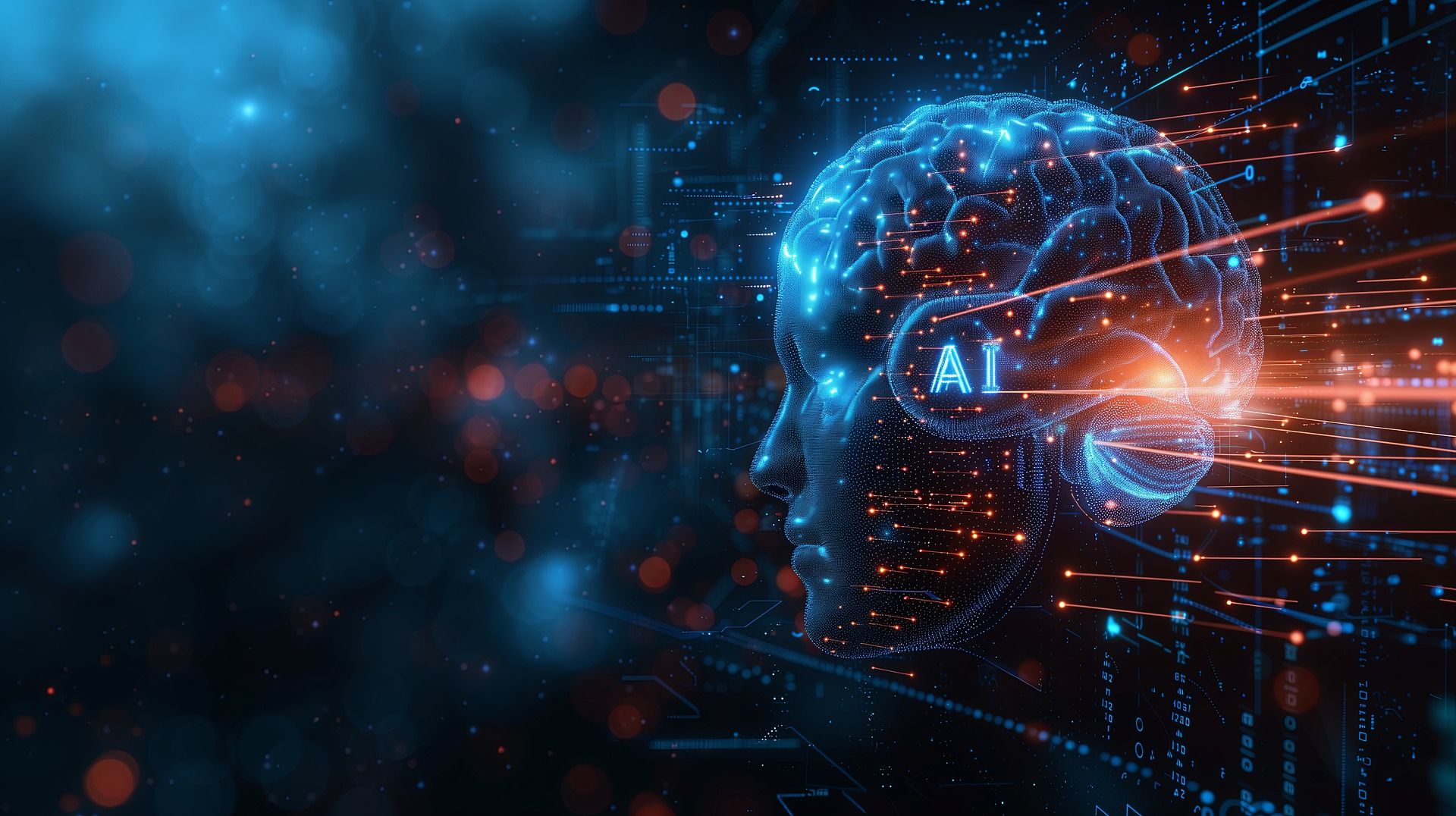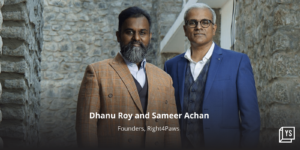
Artificial Intelligence (AI) adoption is gaining momentum among India’s workforce, with 92% of knowledge workers leveraging AI at work, above and beyond the global figure of 75%, according to a Microsoft and LinkedIn report.
These figures reflect employees’ trust in AI to enhance productivity, save time, boost creativity, and sharpen focus, noted the report titled, ‘AI at work is here. Now comes the hard part’.
Microsoft and LinkedIn on Thursday released the India findings of the 2024 Work Trend Index on the state of AI at work.
Commenting on the India data, Irina Ghose, Managing Director, Microsoft India and South Asia, said that AI is now a reality at work, and the rate of diffusion seen across sectors, from BFSI to healthcare to ITES and the public sector, has been “very encouraging”.
“This AI optimism presents a tremendous opportunity for organisations to invest in the right tools and training, to unlock efficiencies for employees and ultimately drive long-term business impact,” Ghose added.
According to the report, 91% of Indian leaders recognise the necessity of AI adoption for maintaining competitiveness, yet 54% express concerns about their organisation’s absence of a clear implementation strategy and vision. However, employees aren’t hesitating to leverage the advantages of this technology, as evidenced by 72% of Indian AI users bringing their own AI tools to work.
The report highlighted that AI expertise has become a top consideration for India’s leaders in the hiring process, with 75% indicating their reluctance to recruit individuals deficient in AI skills, surpassing the global average of 66%.
Intriguingly, AI proficiency in India holds more weight than experience, with 80% of leaders expressing a preference for hiring a less experienced candidate with AI skills over a more experienced candidate lacking them.
.thumbnailWrapper{
width:6.62rem !important;
}
.alsoReadTitleImage{
min-width: 81px !important;
min-height: 81px !important;
}
.alsoReadMainTitleText{
font-size: 14px !important;
line-height: 20px !important;
}
.alsoReadHeadText{
font-size: 24px !important;
line-height: 20px !important;
}
}

As per the report, as of late last year, there has been a 142-fold increase worldwide in the number of LinkedIn members adding AI skills like Copilot and ChatGPT to their profiles.
Ruchee Anand, Head of Talent and Learning Solutions at LinkedIn, said that the demand for AI expertise has seen a 17% jump from last year.
“We have seen professionals in India over-index on learning while also adding AI skills to their professional toolkit. As the workforce looks to tap into the benefits of AI, it’s crucial for leaders to boost their organisation’s AI capabilities through thoughtful investment in both technology and talent,” Anand added.
There are many kinds of AI users, ranging from sceptics who seldom use AI to power users who heavily rely on it, with novices and explorers in between. Notably, 90% of Indian AI power users start their day with AI, and 91% depend on it to prepare for the following day.
Moreover, during the past six months, the use of generative AI in professional settings has almost doubled globally.
Earlier this week, ChatGPT maker OpenAI unveiled its new flagship AI model—GPT-4o—which is said to reason across audio, vision, and text in real-time. The new AI model will be rolled out to all users for free with usage limits.
Microsoft has been betting big on AI and has invested billions of dollars, including in OpenAI, to accelerate AI breakthroughs.
Meanwhile, at its flagship developer conference I/O, Google unveiled numerous AI models and rolled out enhancements to several of its offerings, leveraging its proprietary Gemini model.
Edited by Kanishk Singh








![Read more about the article [Startup Bharat] This Kolkata-based platform is bringing Bengal’s indigenous snacks to your home](https://blog.digitalsevaa.com/wp-content/uploads/2022/04/CopyofImageTaggingNewBrandingEditorialTeamMaster1-1649342751447-300x150.jpg)

